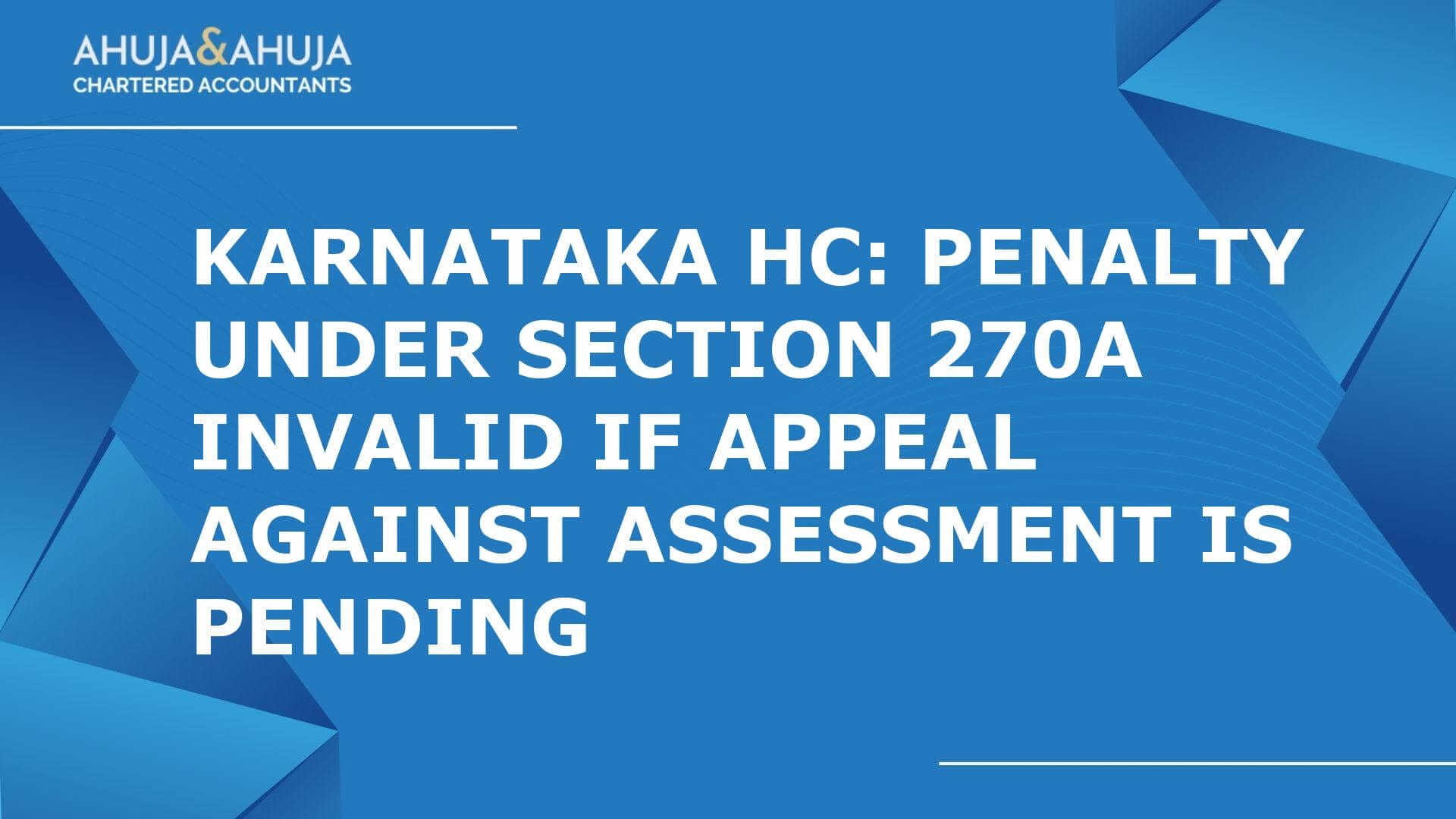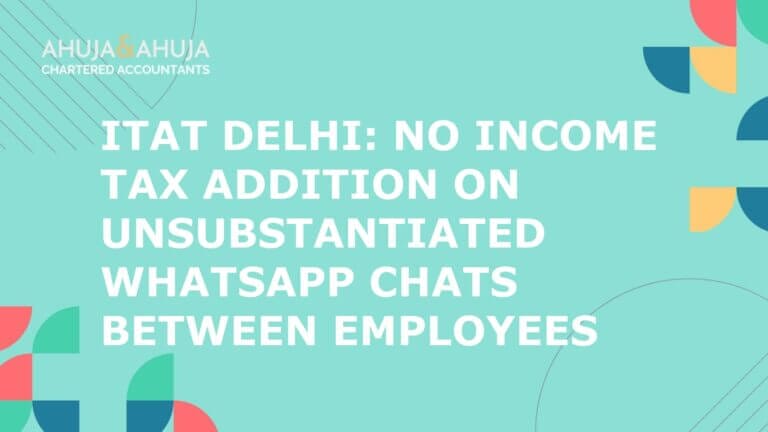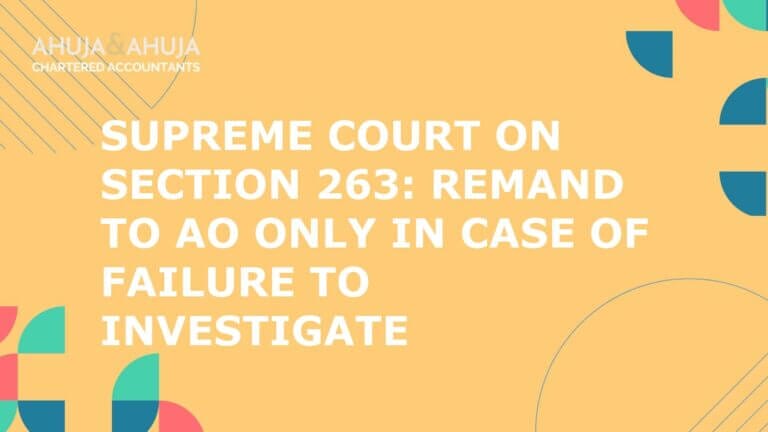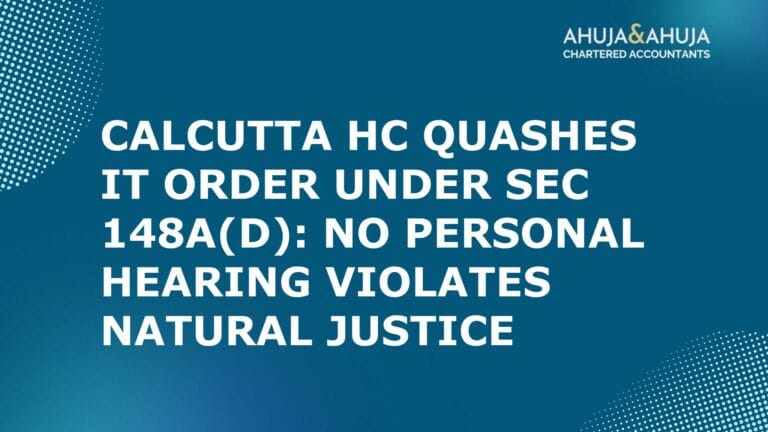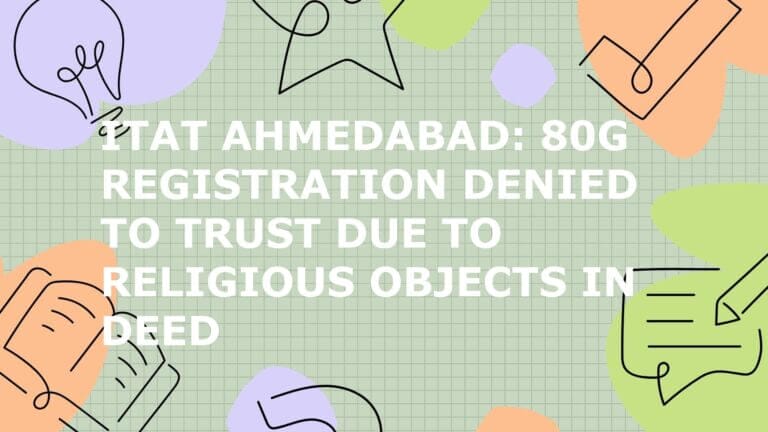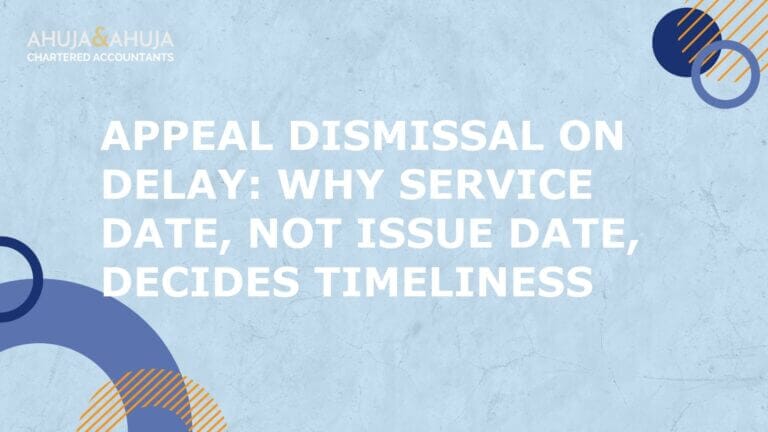Karnataka HC: Penalty Under Section 270A Invalid If Appeal Against Assessment Is Pending
The Karnataka High Court’s recent decision on the interplay between penalty proceedings under Section 270A of the Income Tax Act and pending assessment appeals has brought much-needed clarity for taxpayers and professionals alike. This ruling not only addresses a recurring procedural dilemma but also sets a practical precedent for tax administration across India.
Understanding the Context and Significance
The case before the Karnataka High Court revolved around a common scenario: a taxpayer, aggrieved by an assessment order, files an appeal. Meanwhile, the Assessing Officer proceeds to impose a penalty under Section 270A for alleged under-reporting or misreporting of income. The core question—can a penalty be validly imposed when the assessment itself is under challenge and not yet final?
This issue is not just academic. For taxpayers, premature penalty orders can mean unnecessary financial strain and procedural confusion. For tax professionals, it raises questions about the correct workflow and compliance strategy. For the tax department, it impacts the integrity and defensibility of penalty actions. The Karnataka High Court’s ruling directly addresses these concerns, providing a roadmap for all stakeholders.
Factual and Procedural Background
The petitioner, Mr. B.S. Uday Shetty, challenged a penalty order dated 29 March 2022, issued under Section 270A by the Assistant Commissioner of Income Tax, Central Circle, Hassan. The penalty was imposed following an assessment order for AY 2018-19, which the petitioner had already appealed against.
Key events unfolded as follows:
- The assessment order was passed on 16 April 2021.
- The petitioner, citing pandemic-related delays and technical issues, filed an appeal on 3 September 2021.
- Despite the pending appeal, the Assessing Officer proceeded to issue a penalty order under Section 270A.
The petitioner’s main grievance was straightforward: since the assessment order was under appeal, the penalty proceedings should have been kept in abeyance. The department, on the other hand, questioned the validity of the appeal, pointing to a technical irregularity—a single acknowledgement generated for appeals against two different assessment years.
Legal Reasoning: Why Penalty Cannot Be Imposed During Pendency of Appeal
At the heart of the High Court’s decision lies a careful reading of Section 270A and the procedural logic of the Income Tax Act. Section 270A empowers the Assessing Officer to levy penalties for under-reporting or misreporting of income, but this power is not absolute or unbridled.
The Court reasoned that penalty proceedings are inherently linked to the assessment order. If the assessment is under challenge and has not attained finality, the very basis for the penalty remains uncertain. Imposing a penalty while the assessment is still subject to appellate scrutiny risks prejudging the outcome and undermines the taxpayer’s right to a fair hearing.
The Court also took a pragmatic view of procedural technicalities. It noted that the existence of a common acknowledgement for two appeals—while unusual—should not, by itself, invalidate the appeal or justify immediate penalty action. Instead, the focus should be on whether a bona fide appeal has been filed and is pending.
Clarifying the Procedural Sequence for Penalty Imposition
This ruling reinforces a key procedural principle: penalty proceedings under Section 270A should be initiated only after the assessment order has attained finality. If an appeal is pending, the penalty process must pause until the appellate authority has adjudicated the assessment.
For tax administration, this means a clear workflow:
- Step 1: Assessment order is passed.
- Step 2: If the taxpayer files an appeal, the status of the appeal must be verified.
- Step 3: Penalty proceedings under Section 270A should be deferred until the appeal is resolved.
This approach not only protects taxpayer rights but also ensures that penalty actions are legally sustainable and less prone to challenge.
Key Takeaways So Far
- The Karnataka High Court has clarified that penalty under Section 270A cannot be imposed while an appeal against the assessment is pending.
- The finality of the assessment order is a prerequisite for valid penalty proceedings.
- Technical irregularities in appeal acknowledgements should not override substantive justice.
- Taxpayers and professionals should ensure timely filing and documentation of appeals to safeguard their rights.
If you are looking for expert assistance on matters of Income Tax Litigation, feel free to get in touch!
Precedent and Judicial Principles Established
The Karnataka High Court’s decision stands as a significant judicial marker in the landscape of penalty proceedings under the Income Tax Act. While the Court did not cite a long line of prior judgments, its reasoning is rooted in established principles: penalty proceedings are consequential to the assessment order, and their validity depends on the assessment attaining finality. This approach aligns with the broader jurisprudence that penalty is not an automatic consequence but a considered action, contingent on the outcome of the assessment process.
By quashing the penalty order issued during the pendency of an appeal, the Court has reaffirmed that the relationship between assessment and penalty is sequential, not parallel. This principle is now a clear reference point for future disputes, especially where technical or procedural lapses are alleged by the department.
Response Protocol for Taxpayers and Professionals
For taxpayers and tax professionals, this ruling offers both relief and a clear action plan. If a penalty order under Section 270A is received while an appeal against the assessment is still pending, the following steps are advisable:
- Immediate Representation: File a written objection with the Assessing Officer, highlighting the pendency of the appeal and referencing the Karnataka HC decision.
- Documentary Proof: Attach copies of the appeal (Form 35), acknowledgement receipts, and any correspondence with the appellate authority.
- Legal Remedies: If the penalty is not withdrawn or kept in abeyance, consider filing a writ petition before the High Court or pursuing appellate remedies.
- Maintain Records: Keep meticulous records of all filings, acknowledgements, and communications to establish the bona fides of the appeal.
This proactive approach not only protects taxpayer rights but also strengthens the case if further litigation becomes necessary.
If you need assistance with Income Tax Return Filing or handling penalty notices, professional guidance can help safeguard your interests.
Clarification on ‘Valid Appeal’ and Critical Procedural Steps
A key aspect addressed by the Court is the definition and proof of a ‘valid appeal’. The Court adopted a pragmatic stance: the mere presence of a technical irregularity—such as a common acknowledgement for two assessment years—should not, by itself, defeat the substance of the appeal. What matters is whether the appeal was actually filed and is pending before the competent authority.
Taxpayers should ensure:
- Proper Filing: Use the prescribed Form 35 and file within the stipulated time limits.
- Acknowledgement: Secure and preserve the system-generated acknowledgement, even if it covers multiple years.
- Follow-up: If any doubt arises about the validity of the appeal, promptly clarify with the appellate authority and obtain written confirmation if possible.
This focus on substance over form helps prevent hyper-technical objections from derailing genuine appeals. Learn more about the appeal filing process and appeal types in our Income Tax Services.
Ongoing and Future Cases: Scope for Challenging Penalties
The impact of this decision is both retrospective and prospective. Taxpayers who have already received penalty orders during the pendency of their appeals can now challenge such orders, relying on the Karnataka HC’s reasoning. The process typically involves:
- Filing a representation or rectification application with the Assessing Officer
- Approaching the appellate authority or High Court for relief, if necessary
For future cases, this ruling serves as a deterrent against premature penalty actions and provides a clear defence for taxpayers facing similar circumstances.
Addressing Hyper-Technical Objections to Procedural Lapses
A notable feature of the judgment is its rejection of hyper-technical objections by tax authorities. The Court emphasized that procedural irregularities—such as a single acknowledgement for multiple appeals—should not be used to deny substantive rights. This approach encourages a more practical, less adversarial tax administration, where the focus remains on justice rather than technicalities.
For insights on how technical irregularities affect tax matters, you can read our blog on Appeal Dismissal on Delay: Why Service Date Not Issue Date Decides Timeliness.
Exceptions, Limitations, and Boundaries of the Ruling
While the ruling is robust, it is not without boundaries. The protection against penalty proceedings applies only if a ‘valid appeal’ is actually pending. If the appeal is found to be invalid, time-barred, or not properly filed, the taxpayer cannot claim the benefit of deferred penalty action. The burden lies on the taxpayer to establish the pendency and validity of the appeal through proper documentation.
Interaction with CBDT Circulars and Other Judicial Pronouncements
The Income Tax Department, through various CBDT circulars, has generally advocated for a sequenced approach to penalty proceedings, especially where appeals are pending. The Karnataka HC’s decision harmonizes with this regulatory intent, reinforcing the need for Assessing Officers to respect appellate processes. Where there is any conflict or ambiguity, the principle of substantive justice—as emphasized by the Court—should guide administrative action.
You may also find relevant insights in our article on Importance of Application of Mind when Approving Assessment Orders.
Key Takeaways and Practical Lessons
- Penalty under Section 270A cannot be imposed while an appeal against the assessment is pending.
- Finality of the assessment order is essential before penalty proceedings can commence.
- Technical lapses in appeal acknowledgements should not override substantive justice.
- Taxpayers must maintain proper documentation to establish the pendency and validity of appeals.
- Assessing Officers should verify appeal status and pause penalty actions accordingly.
This ruling is a welcome development for all stakeholders. It streamlines the penalty process, reduces unnecessary litigation, and upholds the principles of fairness and due process in tax administration.
For taxpayers and professionals in regions such as Chandigarh and Ghaziabad, expert consultation is available to ensure compliance and manage tax disputes effectively.
For further queries or to seek tailored guidance on handling penalty proceedings during appeal, feel free to reach out to our team of experienced Chartered Accountants.
Disclaimer
The materials provided herein are solely for educational and informational purposes. No attorney/professional-client relationship is created when you access or use the site or the materials. The information presented on this site does not constitute legal or professional advice and should not be relied upon for such purposes or used as a substitute for professional or legal advice.

